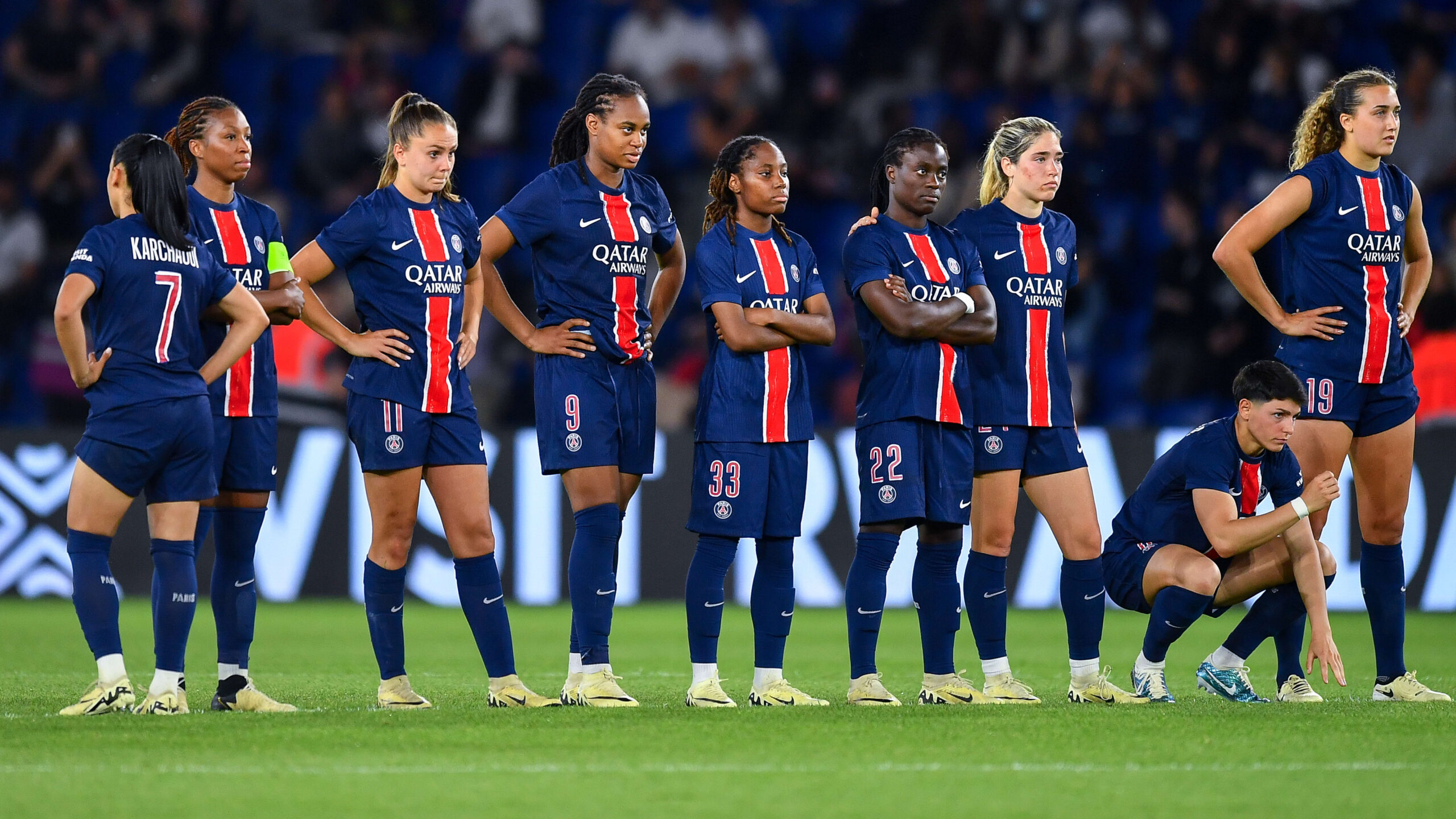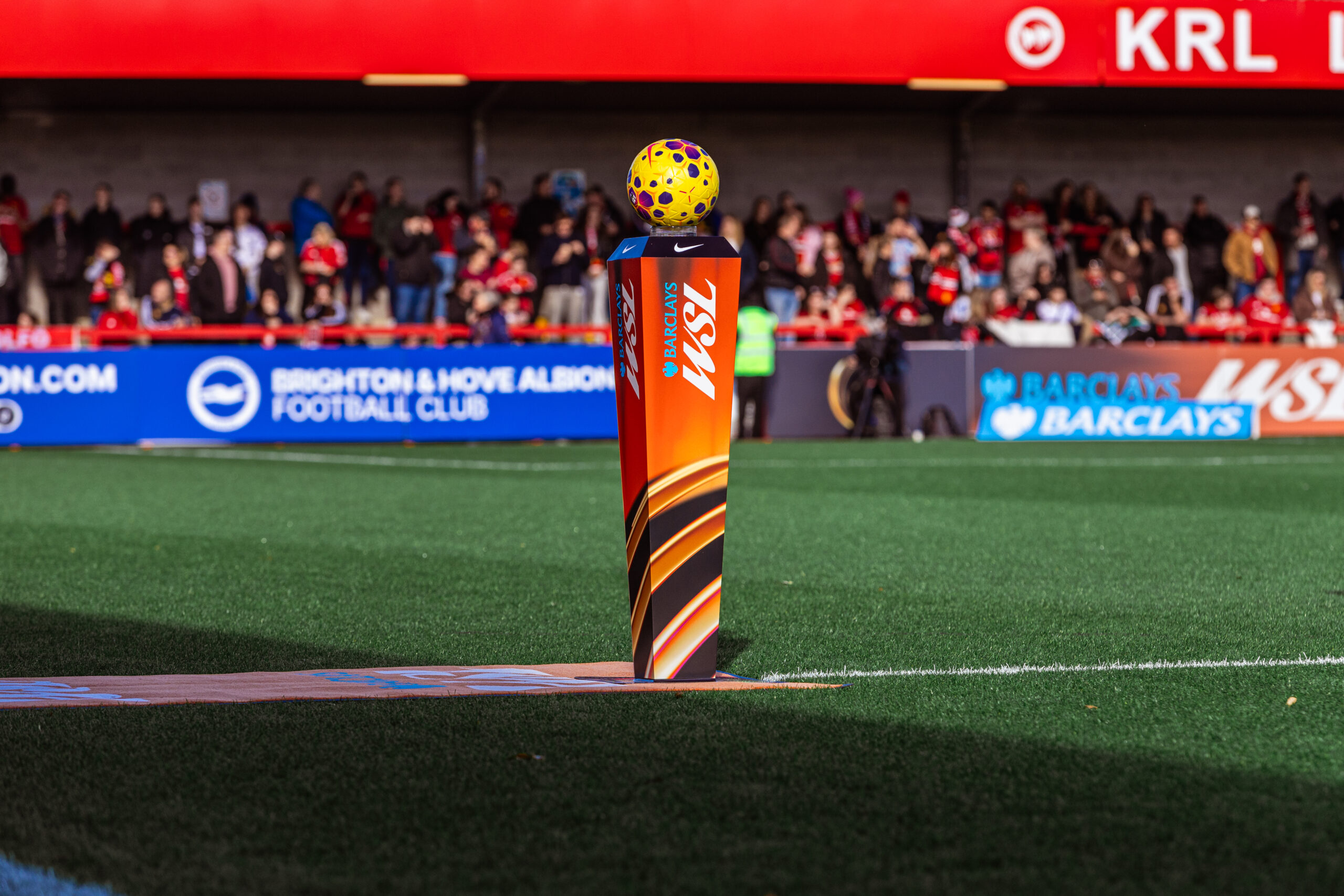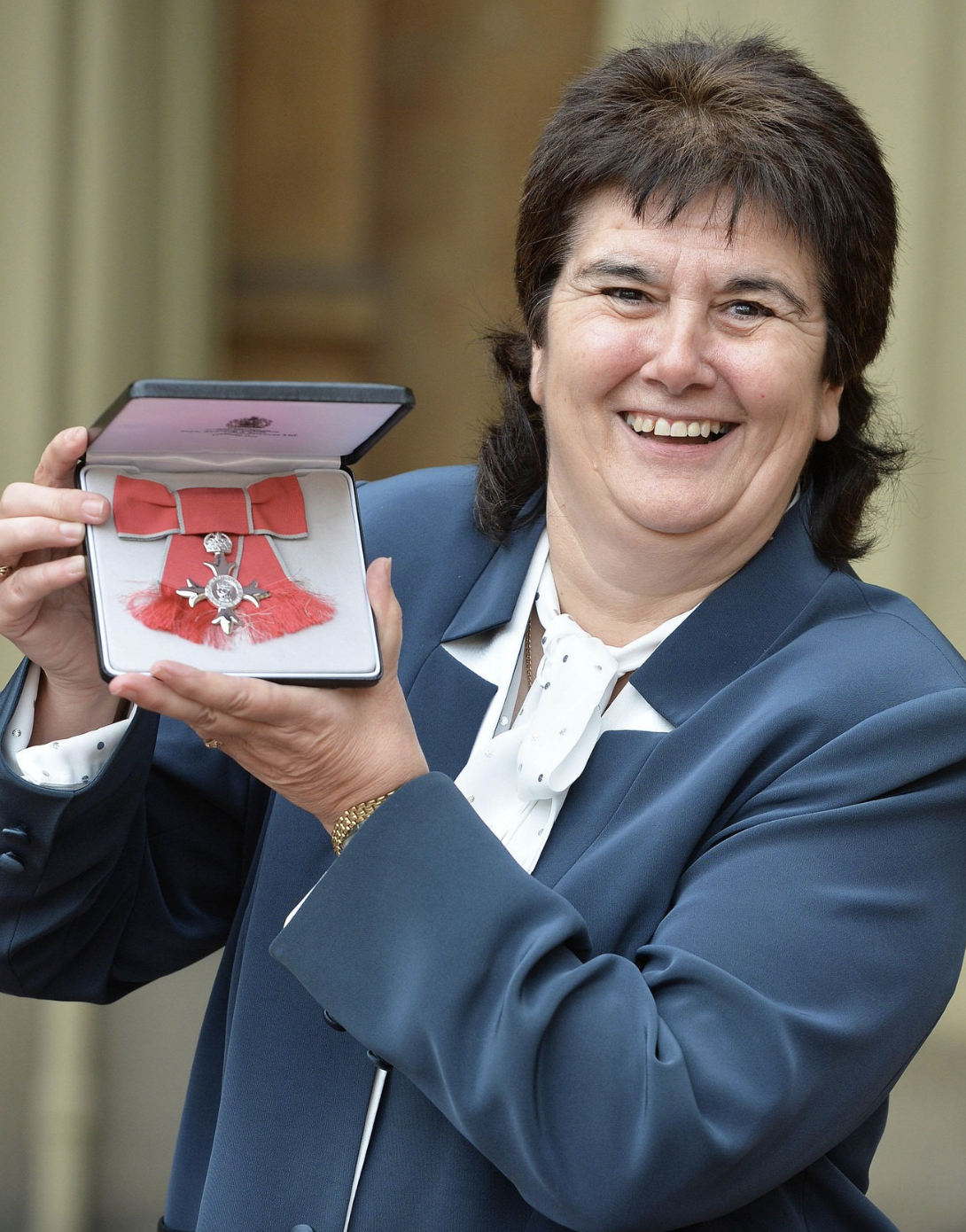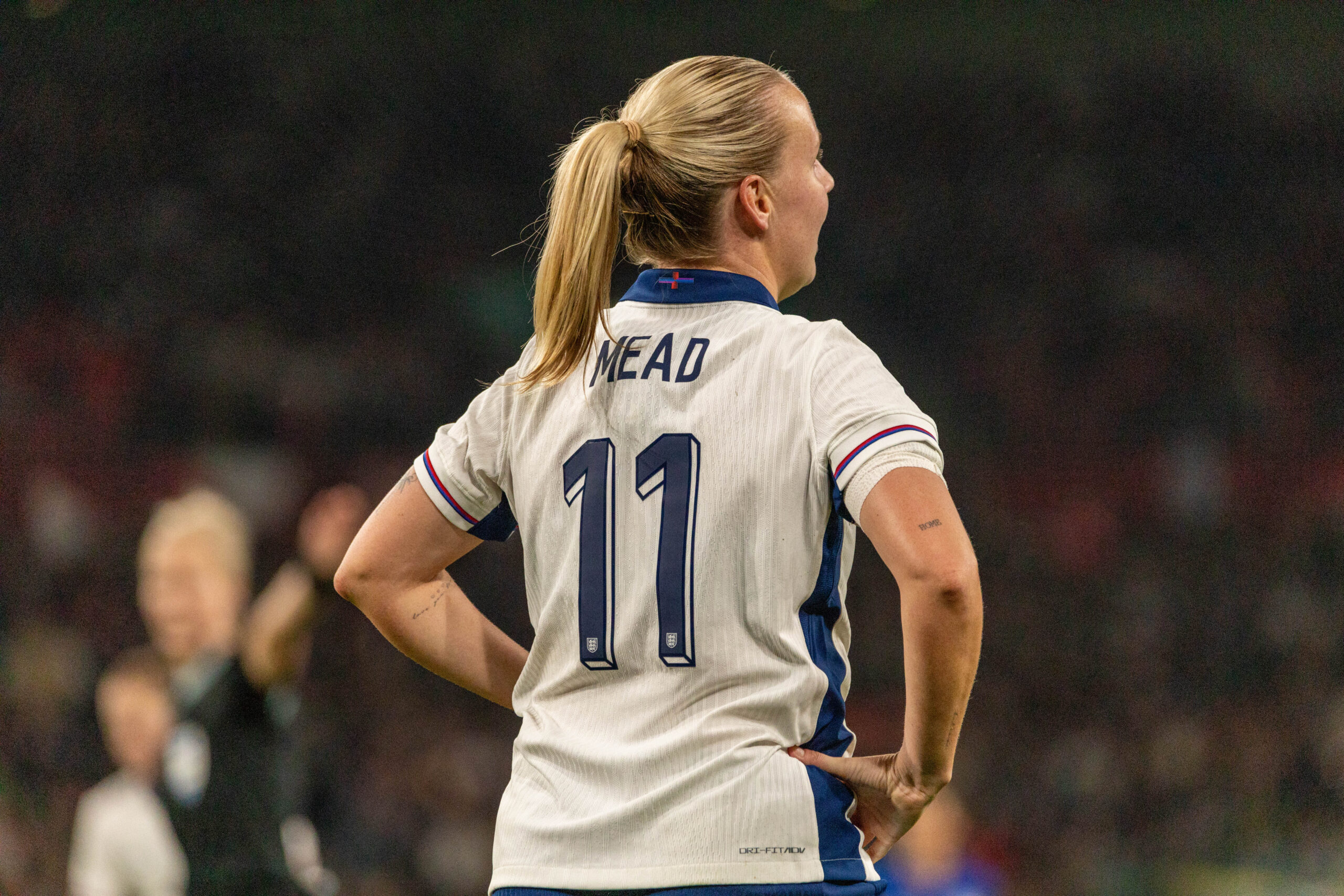Paris Saint Germain are a club that are no stranger to the headlines, successful or unsuccessful, with the male side of the club finally completing the puzzle, winning a historic first ever UEFA Champions League title back in June, defeating Inter Milan 5-0 in the final.
The Women’s team however, have suffered a similar fate to their European counterparts, FC Barcelona, with a clear and unacceptable preference towards the male team and their successes.
PSG Women were founded in 1971 following the French Football Federation’s reintroduction of women’s football and entered the Paris-Île-de-France Football League, the lowest level on the French football pyramid. They were promoted into Division 1 for the 1979/80 season after an expansion from 20 to 48 teams but were relegated three seasons later. After an extended period of promotion and relegation, the team returned to Division 1 and have remained there since 2001. Currently, the club have won four Coupe de France Féminine and a solitary Division 1 Féminine title.
This is a side that is no stranger to scandals. Former manager Didier Ollé-Nicolle was suspended by the club in 2022 for “inappropriate behaviour and remarks“. French sport newspaper L’Équipe reported that Ollé-Nicolle “put a hand on the buttocks of one of his players.” Then PSG player Kadidiatou Diani filed a complaint of sexual assault against her former coach in 2023, but the case was dismissed the following year.
The most notorious scandal from this era however, was the assault on Kheira Hamraoui in 2021. In one of the most bizarre incidents in women’s football history, Hamraoui was being driven home by teammate Aminata Diallo when two men stopped the car and proceeded to brutally assault Hamaroui with iron bars. As of now, no one has been charged for the incident but unsurprisingly the case caused all manner of issues for both players, their teammates and the club itself.
Initially, Hamraoui believed that someone close to PSG was involved in the attack and named agent César Mavacala who had close relationships with many of the PSG players including Diani. Shockingly, it was Diallo who was arrested and questioned for charges relating to “aggravated assault” and “criminal conspiracy” and has denied any involvement.
Le Monde reported the theory that the assault was rooted in revenge, due to a previous relationship between Hamraoui and Eric Abidal, director of football for Barcelona, but this angle was ruled out by police.
Both Diallo and Hamraoui have left the club in the following years. Hamaroui has said that she felt the club and players favoured Diallo and was excluded intentionally so she would leave PSG. Chaos is never far away where PSG are concerned, with the 25/26 season the latest chapter in the club’s recent troubled history.
This summer, stars like Korbin Shrader and Marie Antoinette Katoto left at the end of their contracts to join Olympique Lyon, PSG’s arch rivals, on free transfers, with Grace Geyoro also departing the Parisien club to London City Lionesses in a reported record deal. Losing three such prized assets, as well as concerns over the future of Sakina Karchaoui will fill PSG fans with dread over the state of their squad. Many feel the squad assembled isn’t fit to compete on all fronts, with only eighteen senior players in the squad, leaving heavy reliance on the clubs academy to prop up the rest of the team. We saw it several times across football last season: even one or two injuries can cause the workload to increase significantly.
Paulo Cesar, the former PSG player, has taken on his first managerial role at 47. Unlike his male counterparts, who spent over £100 million to strengthen an already world-class squad, he was handed only two notable signings: Rasheedat Ajibade and Olga Carmona, the latter arriving on a free transfer after five years at Real Madrid.
For a club that often regularly fight at the top of the table with Lyon, this is a major blow on not just a competitive level, but a level which shows the women’s side simply isn’t worthy of the same funding and attention as the men’s side by the club’s owners. Perhaps part of the issue lies in the fact that they still play at the ‘Campus PSG’ training ground, which holds just 1,100 spectators. To make matters worse, towards the end of last season stars like Geyoro, Karchaoui, and Katoto reportedly clashed with former manager Fabrice Abriel; an internal rift that some supporters believe contributed to Geyoro and Katoto’s departures.
Looking at Geyoro’s departure, it speaks volumes that a player of her stature, after a decade at PSG and as a regular for her national team, actively sought a move away. Having made the second-most appearances in the club’s history and lifted four trophies, she openly admitted she wanted a new challenge, drawing a line under her long-standing association with Paris Saint-Germain.
Their summer was mixed: alongside taking part in the World Sevens series, they also suffered defeats to Anderlecht, RC Lens, and Aston Villa in pre-season. And while the new campaign is only one game old, a 1-1 draw with RC Lens, conceding an equaliser in the 84th minute, hardly signals the fresh start they would have hoped for.
For a club with such a proud history, the persistent neglect of their women’s team by those in charge, allowing star players to depart and appearing disorganised off the pitch, paints a damning picture. At a time when women’s football should be at the forefront of attention and ambition, PSG’s approach feels out of step with the progress the game deserves.



